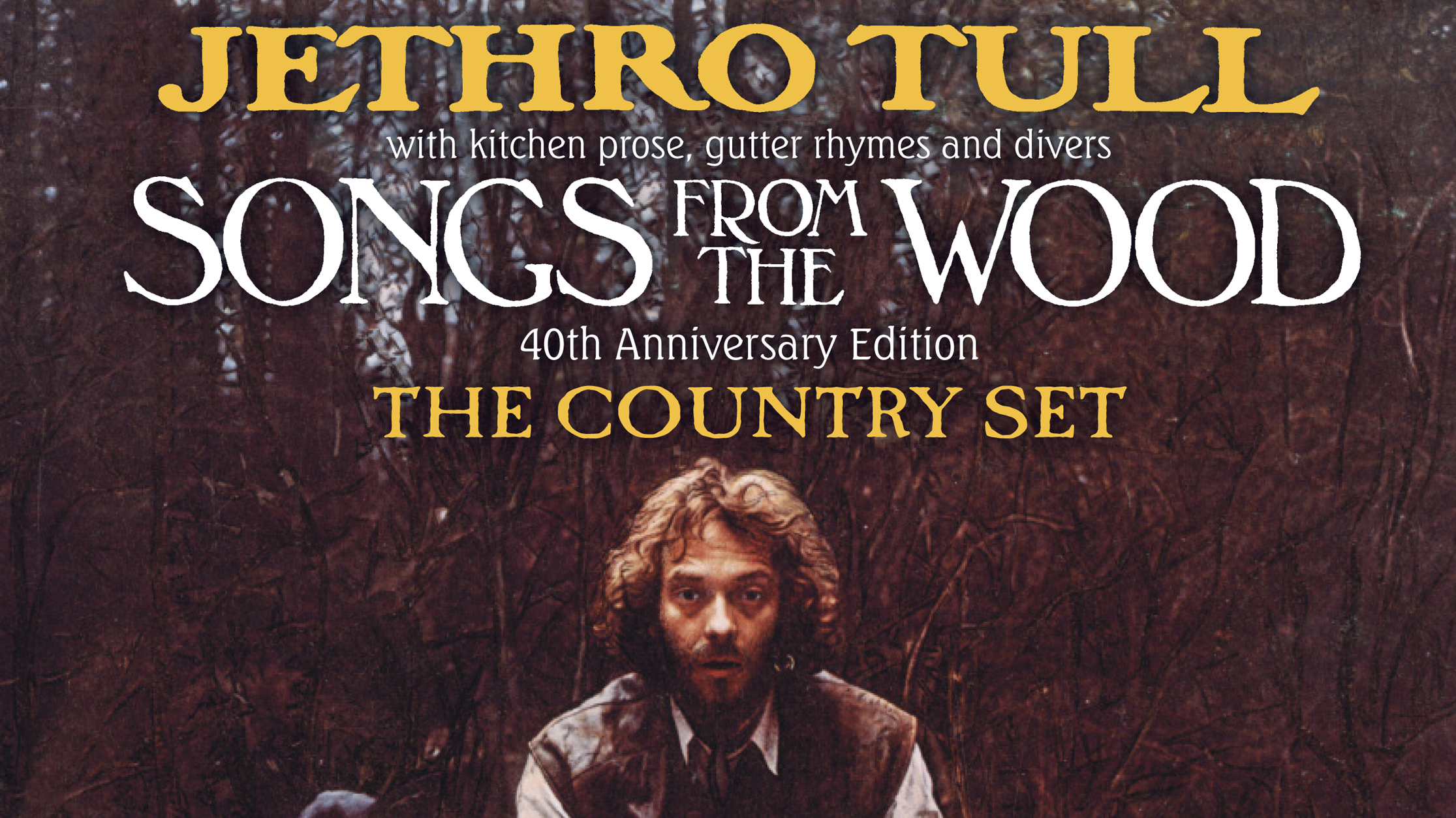You can trust Louder
After the aberration that was 1976’s Too Old To Rock ’N’ Roll: Too Young To Die! Jethro Tull needed fresh inspiration. Rather than go back to the concept albums that had given the band their American breakthrough, Ian Anderson decided to head in a folk direction.
This was not as strange as it seemed; Anderson had recently produced Steeleye Span, whose rock approach had broadened the appeal of folk music, and he was canny enough to see how traditional folk music could enhance the distinctive Englishness of Tull’s music.
The result was a career-saving triumph, with Anderson’s songwriting getting another burst of creative enthusiasm and the band bending their hard rock riffs and progressive tendencies to the new style. The title track and Hunting Girl are both fiendishly complex – the former to sing and the latter to play – but they are both assured and compelling.
There’s also a more a more commercial edge to the flute-laden The Whistler and Ring Out Solstice Bells that saw the band back on Top Of The Pops for the first time in five years. Indeed, such was the success of Songs From The Wood that it became the first album in a trilogy.
The sumptuous 40th anniversary edition of Songs From The Wood – three CDs, two DVDs and a 96-page book – has largely been handed over to Steven Wilson, who has become the go-to man for almost any prog-shaped artefact. His skill lies in understanding the intentions of the original recording and bringing that to the fore. So his stereo remix of the album brings a greater clarity to the sound without disturbing the original balance, and his 5.1 mix expands on that to fill the room, adding the occasional subtle emphasis.
A rummage through the tape boxes has unearthed a couple of unissued songs, a couple more that showed up on later albums in a different guise, and a Mike Batt-produced version of Ring Out Solstice Bells that strangely misses the point. A live show from Boston in late 1977 shows what a tight, well-drilled outfit Tull were. Film of a concert in Maryland on the same tour shows how well they understood the importance of entertaining their audience.
Sign up below to get the latest from Classic Rock, plus exclusive special offers, direct to your inbox!
Hugh Fielder has been writing about music for 50 years. Actually 61 if you include the essay he wrote about the Rolling Stones in exchange for taking time off school to see them at the Ipswich Gaumont in 1964. He was news editor of Sounds magazine from 1975 to 1992 and editor of Tower Records Top magazine from 1992 to 2001. Since then he has been freelance. He has interviewed the great, the good and the not so good and written books about some of them. His favourite possession is a piece of columnar basalt he brought back from Iceland.


